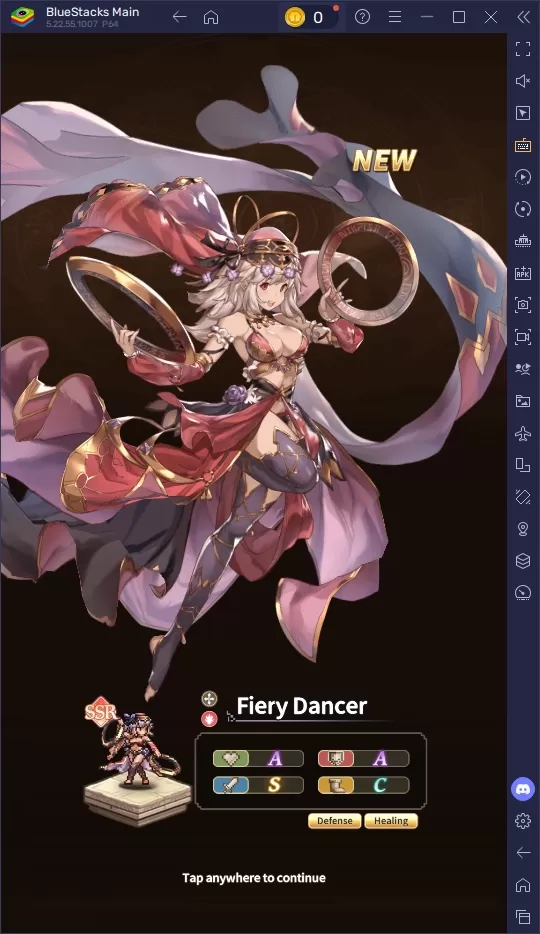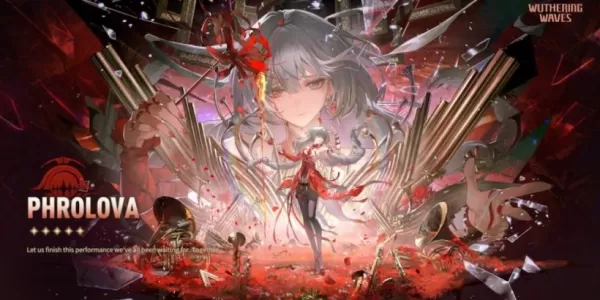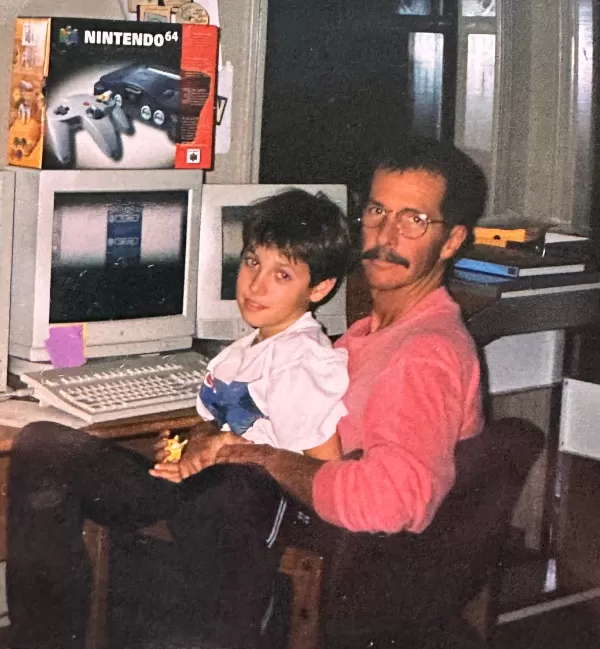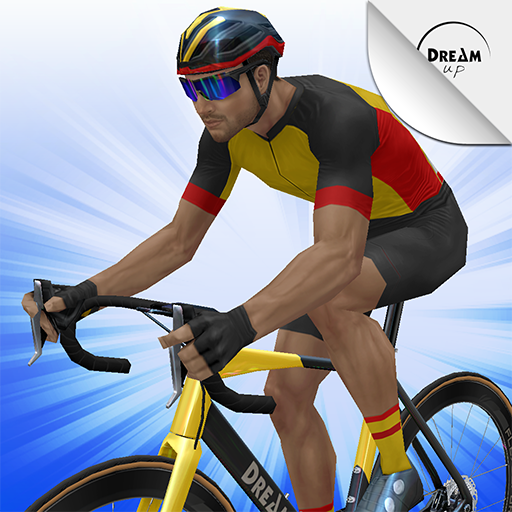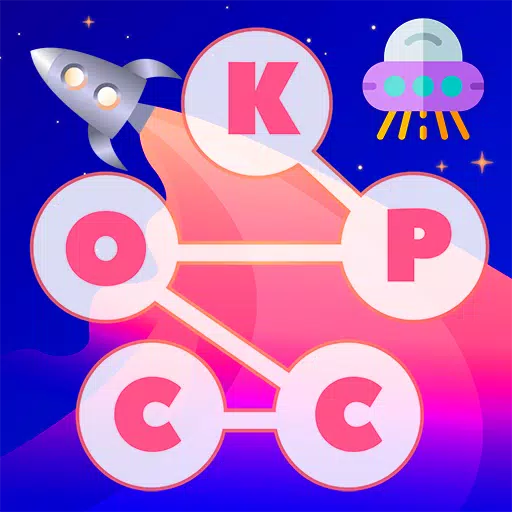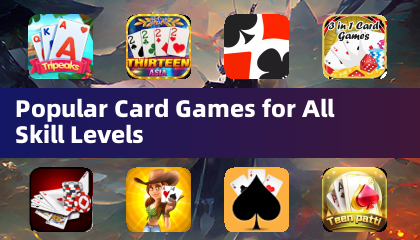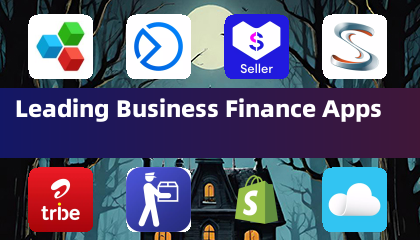It's year-end, and my Game of the Year is Balatro – a surprising but well-deserved choice. While not necessarily my favorite, its success highlights important points about game design and reception.
Balatro, a blend of solitaire, poker, and roguelike deckbuilding, swept numerous awards, including Indie and Mobile Game of the Year at The Game Awards and Best Mobile Port and Best Digital Board Game at the Pocket Gamer Awards. This success, however, has also sparked confusion and even anger from some quarters. The contrast between its relatively simple visuals and its acclaimed gameplay has led to questions about its award-worthiness.
I believe this very contrast is why Balatro is my GOTY. Before delving into that, here are some honorable mentions:
Honorable Mentions:
- Vampire Survivors' Castlevania expansion: A long-awaited and well-executed addition.
- Squid Game: Unleashed's free-to-play model: A potentially groundbreaking move by Netflix Games.
- Watch Dogs: Truth audio adventure: An unexpected but intriguing release from Ubisoft.
My experience with Balatro has been mixed. While undeniably engaging, I haven't mastered it. Its focus on deck optimization and statistical analysis hasn't been my forte. However, it's been excellent value for money. It's simple, accessible, and visually appealing. For under $10, you get a captivating roguelike deckbuilder suitable for public play. LocalThunk's ability to create such an engaging experience with a simple format is commendable. The calming soundtrack and satisfying sound effects enhance the addictive gameplay loop.
So why talk about it? Because its success is misunderstood.

Beyond the Hype:
Balatro's success is confounding to some because it's not a flashy gacha game, a technically impressive title, or a popular battle royale. It's simply a well-executed card game. This highlights that game quality should be judged by its core mechanics and design, not just its visuals or other superficial elements.
Balatro's multi-platform release (PC, console, and mobile) is a significant achievement, especially considering the challenges of mobile development. While not a massive financial success, its low development costs likely resulted in significant profit. It proves that a simple, well-designed game can succeed across platforms without needing complex features or massive marketing budgets.
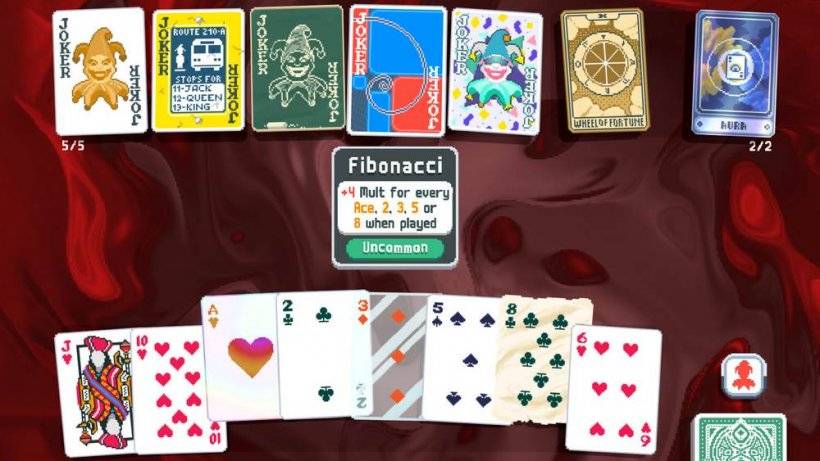
Balatro's accessibility is another key aspect. It can be approached strategically or casually, making it suitable for various play styles and time commitments.
In conclusion, Balatro's success teaches a valuable lesson: Simplicity and well-executed design can trump flashy graphics and complex mechanics. It's a testament to the power of a focused, engaging core gameplay loop.


